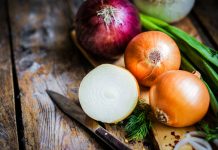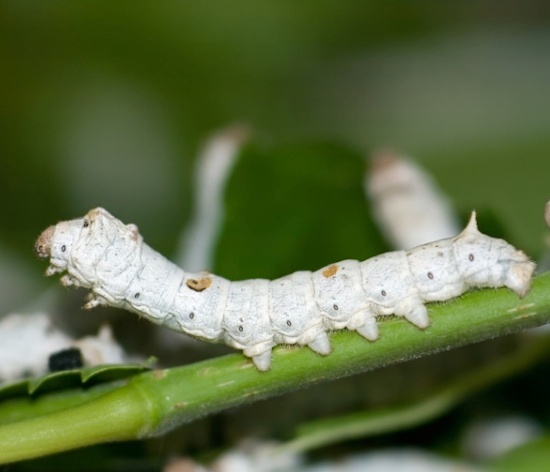Dr. Susan Steck from the Arnold School of Public Health has established through her studies that including fruits, vegetables, tea and herbs in your diet will reduce the risk of aggressive prostate cancer.
The findings were presented at the International Conference on Frontiers in Cancer Prevention Research.
This is an annual event sponsored by the American Association for Cancer Research, held at Anaheim, California between October 16-19, 2012.

According to the study conducted by Dr. Steck at the University of Carolina, natural and fresh foods are rich in a group of anti-oxidants called flavanoids.
Preclinical research has proven the efficacy of flavanoids and this study examines the effect of these compounds on the human body.
The study
Dr. Steck and her team of researchers collected data and used the following methodology for the study:
- For the research, Steck and her team gathered data from 1897 men, of which 977 were whites and 920 African-Americans.
- The participants belonged to the North Carolina-Louisiana Prostate Cancer Project, and had been diagnosed with prostate cancer recently.
- The participants were required to fill in a questionnaire that examined their dietary history. These questions assessed flavanoid intake of the respondent based on the dietary guidelines issued by the Federal Health Department, USA.
Findings of the study
After collection of the information, the data was subjected to analysis and revealed the following:
- Those men who had scored high on flavanoids in their diet were 25% less prone to aggressive prostate cancer as compared to those who scored least.
- This result was equally applicable across the races.
- No particular class of flavanoid was more effective than the others. Hence it is recommended that a wide variety of vegetarian food be included in your diet.
- Flavanoid intake was also found to have profound effect on smokers and younger men as it reduced their risk of developing aggressive forms of the cancer.
- The questionnaire revealed that a typical plant-based diet should contain citrus fruits (oranges and grapefruit), onions, cooked greens, grapes, strawberries and tea.
All these findings are useful in postulating guidelines that help prevent the incidence of prostate cancer among men. These dietary guidelines will be particularly useful in reducing the risk of developing aggressive forms of the disease in younger men (below 65 years) who are smokers. Incidentally, another independent study also found that flavanoids reduce risk of ovarian cancer among women.









